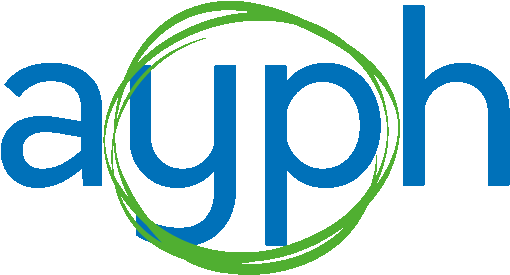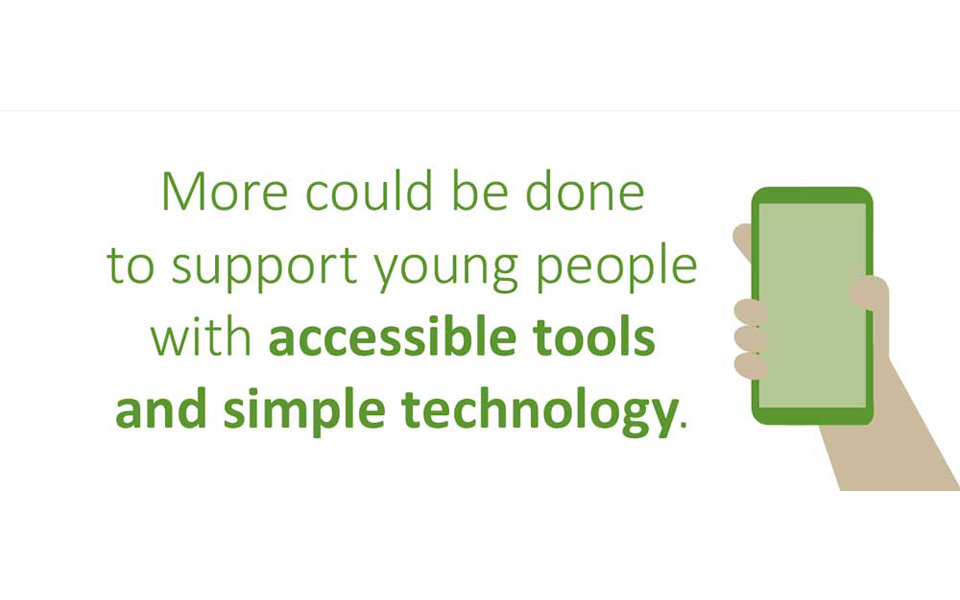In 2023 Andrew took part in our engagement project ‘Understanding the experiences of young people with type 1 diabetes from communities that experience marginalisation’. As someone living with Type 1 diabetes and a neurodiverse condition we are delighted to share his important reflections on the project.
Hi, I’m Andrew, I’m 15 years old and I’m from the North East of England. I was 3 years old when I was diagnosed with Type 1 diabetes, which means that it’s been a constant companion throughout my life. Through first and middle school I had some good support and some very understanding teachers. I then gained much more independence as I moved into secondary school. Most members of staff now know about my diabetes, but it was awkward on first joining the school having to tell everyone about my condition.
It was fascinating to read similar people’s thoughts and feelings on having Type 1 diabetes in the engagement report. The three most interesting findings for myself were as follows:
The language barrier: I have not personally experienced this problem as English is my first language and had never really considered this problem until reading this report. I can understand how life with diabetes could be so much harder than it has been for me
Problems with teachers: I never really had problems with teachers until Year 7 and even then, there were no major incidents. Many young people are challenged to do the stuff they must do to manage their diabetes, such as eating sweets or testing blood levels. I’ve always been allowed and even encouraged to self-manage unlike some other people, as seen in the report. However, I do agree that in general “Schools don’t understand diabetes Type 1,” as it is a complex condition that can affect someone’s ability to learn.
Technology and diabetes: I found it interesting to see others who chose not to use a pump as it was too awkward to wear. I personally have had an insulin pump for years now, so have got used to it and don’t really mind wearing it anymore but appreciate that it isn’t easy for everyone.
In relation to the recommendations, I found that I could relate to some, but not all of them. As mentioned, I have received help from technology, so agree with making technology more inclusive. The benefits I have experienced should be shared with everyone, to make others’ lives easier.
I believe it helps to hear some things from people who have gone through the same stuff that we go through and so can relate to youth led information about diabetes – by young people for young people. Young people understand the difficulties involved better and so are much more understanding when talking about them.
I think that engaging young people through modern means is important, recently I have noticed TV adverts advertising flash monitors and sensors, this shows that we are moving in the right direction and could help increased engagement opportunities for young people and their families.
I strongly agree with health services to create new strategies to engage with young people and families they don’t hear from. I think tailoring services to local communities would allow people to more easily understand and engage with Type 1 diabetes therefore removing some of the stigma linked with it.
Focus on increasing public awareness about Type 1 diabetes in all the spaces where young people are. If everyone was more aware of this topic, there would be no problems or stigmas associated with diabetes. This is the world we should aim for.
My personal main takeaway from the report is that schools should be more informed; it is their job to teach children, and health conditions should be included in that education. It’s also important for doctors to remember that a young person’s life is not all about diabetes. They are an individual with a life and other interests. They want to be treated as a person, not a patient.

